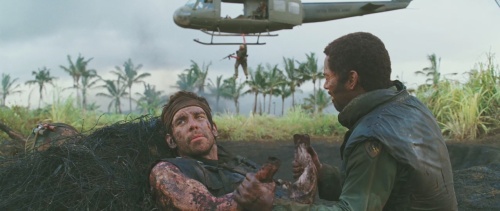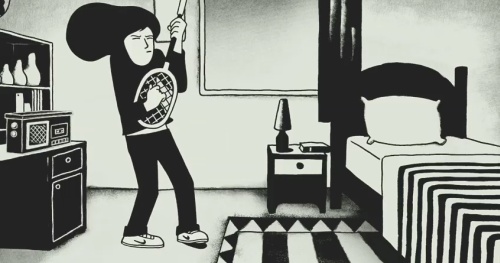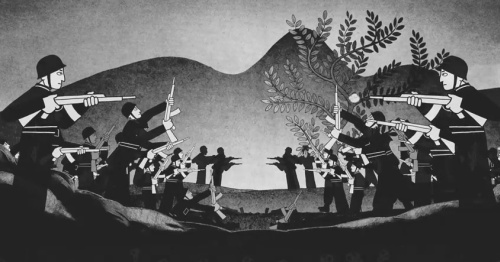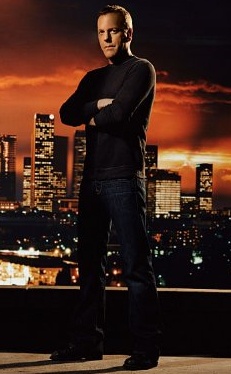Tropic Thunder (Ben Stiller, 2008)
Ben Stiller co-wrote, directed, and starred in Tropic Thunder, and the film’s big budget is a sign that studio heads still have confidence in Stiller to deliver a solid, audience-pleasing comedy, despite a somewhat mixed track record in recent years. And for the most part, he does. This is Stiller’s first effort as director since Zoolander, and it’s amongst the better of his recent films.
The concept is that a bunch of actors are making a Vietnam war film: the headline performers are Stiller, as an action hero; Robert Downey Jr as a self-important Australian actor (think Russell Crowe) who has had himself surgically altered to play an African American, and now never breaks character; and Jack Black, as an obnoxious lowbrow comedian. The film is going disastrously over budget, so the director (Steve Coogan) decides to film it “guerrilla style,” with the actors under surveillance in the real jungle. Unfortunately the plans quickly go awry, and the actors find themselves in a real combat situation when they run foul of actual guerillas.





